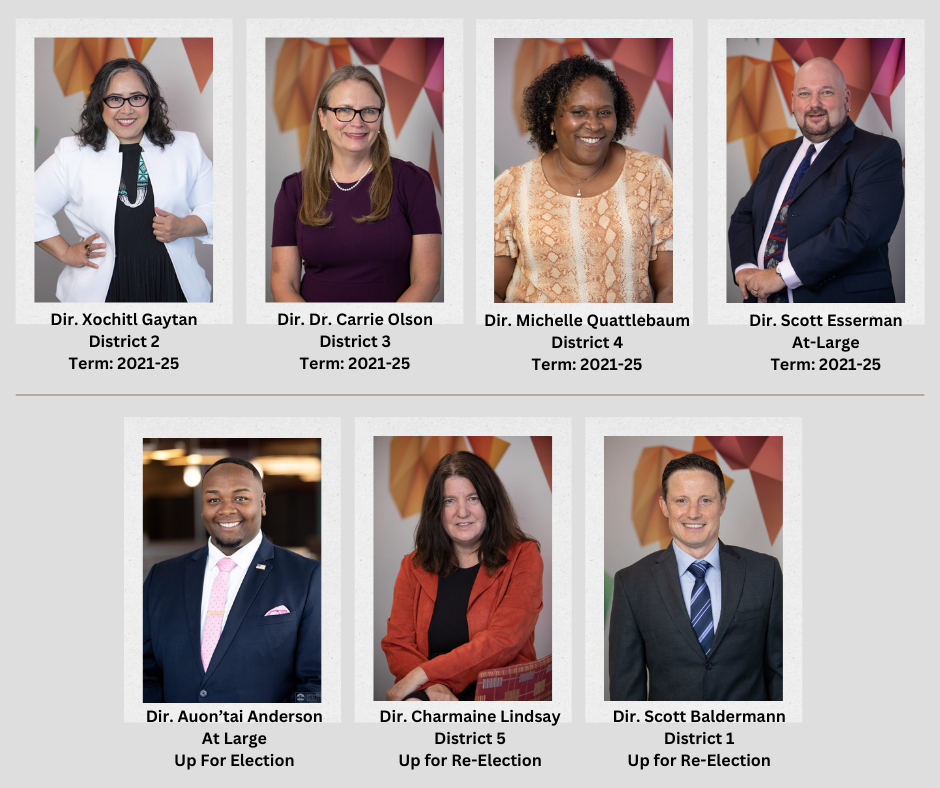Pamela Kaspar is an educator and mental health provider in DPS. She is a parent and Stand Advocacy fellow. In this blog, she shares why strengthening language justice to better support families and students in DPS will positively impact the mental well-being of students and families. Our team is currently working to ensure DPS educators have are trained in how to use and have access to interpretation and translations services to build strong partnerships with families. Sign our petition calling on the DPS board to strengthen Language Justice in DPS here.
In the diverse and vibrant Denver Public Schools (DPS) landscape, ensuring equity and promoting social justice are at the forefront of the educational agenda. One crucial aspect often overlooked is language justice, a key element in fostering an inclusive environment that supports the mental well-being of all families. Language justice is a practice to create inclusive and equitable spaces in schools so that families, students and staff can participate in the language they are most comfortable with. In my experience as a part of a team that provides social emotional and mental health supports for DPS students, I can clearly see the significance of strengthening language justice in DPS. It is critical to increase on-demand translation and interpretation services because it empowers mental health providers to better assist a broader spectrum of families.
Providing more on-demand translation and interpretation services in Denver Public Schools can be a game-changer. These services would provide mental health providers with the tools to bridge language gaps, fostering a more supportive and inclusive environment.
Diversity in DPS: A Strength and a Challenge
DPS prides itself on its diverse student population, representing a rich tapestry of cultures and languages. However, this diversity can pose challenges when it comes to effective communication, particularly in mental health support. Many families may face barriers due to language differences, hindering their student’s access to critical supports such as Individualize Education Plans and 504 plans, which support students with disabilities.
The Impact of Language Barriers on Mental Health – Language barriers can significantly impact mental health outcomes. Individuals who struggle to communicate in their preferred language may find it difficult to express their emotions, hindering the therapeutic process. This issue is particularly pronounced in a school setting, where children and families may be dealing with various stressors.
Trauma-Informed Approach to Language Justice – As a school district that is committed to a trauma-informed approach, it is crucial to recognize the potential trauma caused by language barriers. Feeling misunderstood or unable to communicate effectively can exacerbate existing traumas and create additional stress for students and their families.
Empowering Mental Health Providers – By prioritizing language justice, DPS would empower mental health providers to connect with families more deeply. When families can communicate comfortably in their preferred language, it enhances the therapeutic alliance and facilitates a more comprehensive understanding of their needs.
Building Trust and Breaking Stigmas – Language justice initiatives in DPS not only break down linguistic barriers but also contribute to building trust within the community. When families see that their language and cultural backgrounds are respected, it helps break down stigmas associated with seeking mental health support.
Denver Public Schools has a unique opportunity to lead the way in promoting language justice and, by extension, improving mental health outcomes for its diverse student population. Implementing on-demand translation services is a tangible and impactful step toward creating a more equitable and inclusive educational environment. By embracing language justice, DPS can ensure that every family, regardless of their linguistic background, has access to the mental health support they need to thrive.




















